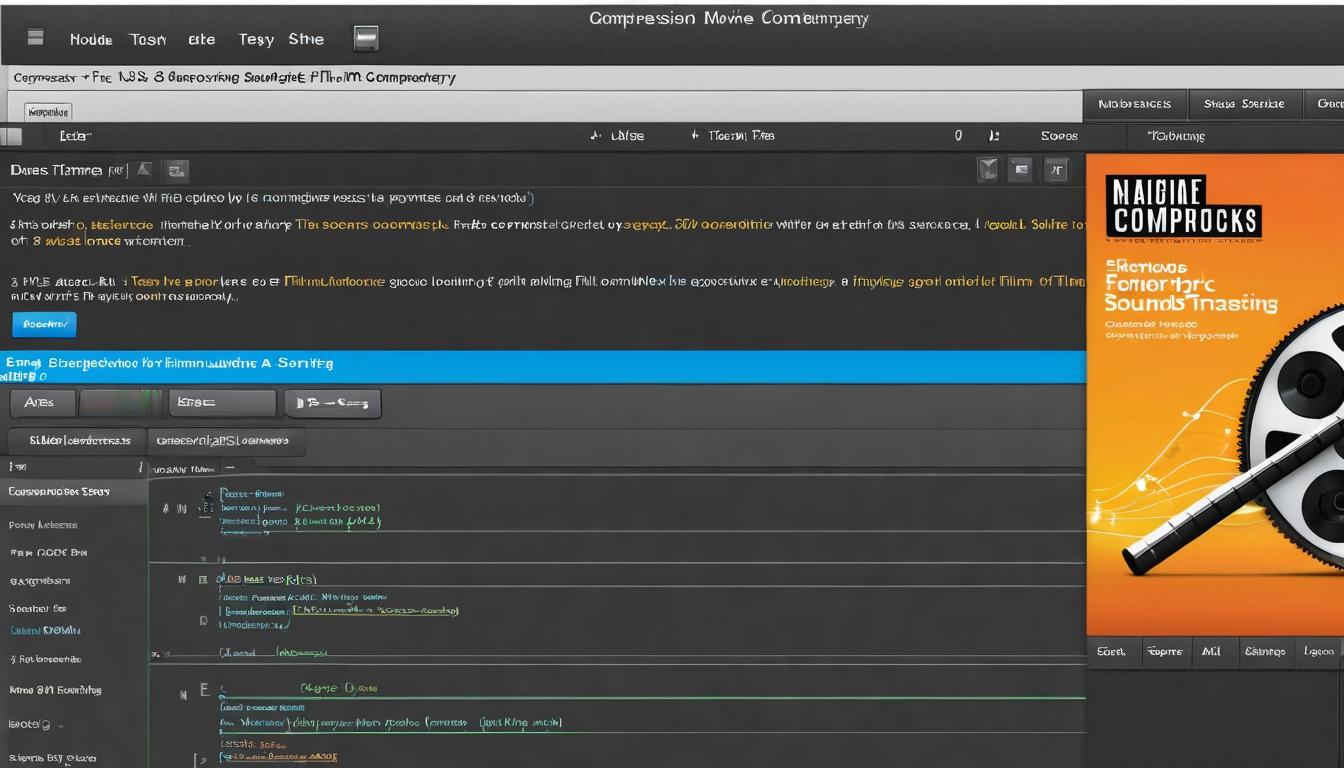In the dimly lit studios where magic is forged, a quiet revolution is taking place. While audiences marvel at breathtaking visuals and powerful performances, there's an invisible force weaving through every frame—the film score. Today's composers aren't just writing background music; they're creating emotional architectures that shape how we experience cinema.
Recent developments in the film music industry reveal a fascinating shift toward hybrid scoring techniques. Composers like Hildur Guðnadóttir (Joker, Chernobyl) are blending traditional orchestration with experimental electronic elements, creating soundscapes that feel both ancient and futuristic. This approach has opened new creative possibilities, allowing scores to become characters in their own right rather than mere accompaniments.
The business side of film scoring has undergone dramatic changes too. Streaming platforms have created an unprecedented demand for original content, leading to more opportunities for composers but also intensifying competition. Many are now building careers through a combination of feature films, television series, and video game scores—a diversification strategy that would have been unheard of a generation ago.
Technology continues to reshape the composer's toolkit. Artificial intelligence and machine learning are no longer science fiction concepts but practical tools helping composers experiment with new textures and patterns. However, the human element remains irreplaceable—the ability to understand narrative nuance and emotional subtlety separates great scores from merely competent ones.
Independent films have become unexpected incubators for innovative scoring approaches. With smaller budgets forcing creative solutions, many indie composers are pioneering techniques that eventually trickle up to major studio productions. This bottom-up innovation has led to some of the most exciting musical developments in recent years, proving that constraints often breed creativity.
The relationship between directors and composers has evolved into something more collaborative than ever before. Gone are the days when composers received finished films and simply added music. Now, they're often involved from the scripting stage, helping shape the emotional journey from the ground up. This deeper integration has resulted in scores that feel organically woven into the storytelling fabric.
Film music criticism has matured alongside the art form itself. Specialized publications and online communities have developed sophisticated vocabularies for discussing scores, moving beyond simple melody recognition to analyze thematic development, orchestration choices, and emotional impact. This critical engagement has raised audience awareness and appreciation for the craft.
Educational opportunities for aspiring film composers have expanded dramatically. Universities now offer specialized programs, while online platforms provide access to masterclasses from industry legends. This democratization of knowledge has created a more diverse and technically proficient generation of composers entering the field.
The future of film scoring looks both exciting and uncertain. As virtual production techniques evolve and new distribution models emerge, composers must adapt while preserving the artistic integrity that makes their work essential. One thing remains clear: in an age of visual overload, the power of a well-crafted score to connect with audiences on a primal level has never been more valuable.
The unsung heroes: how film composers are redefining storytelling through sound

